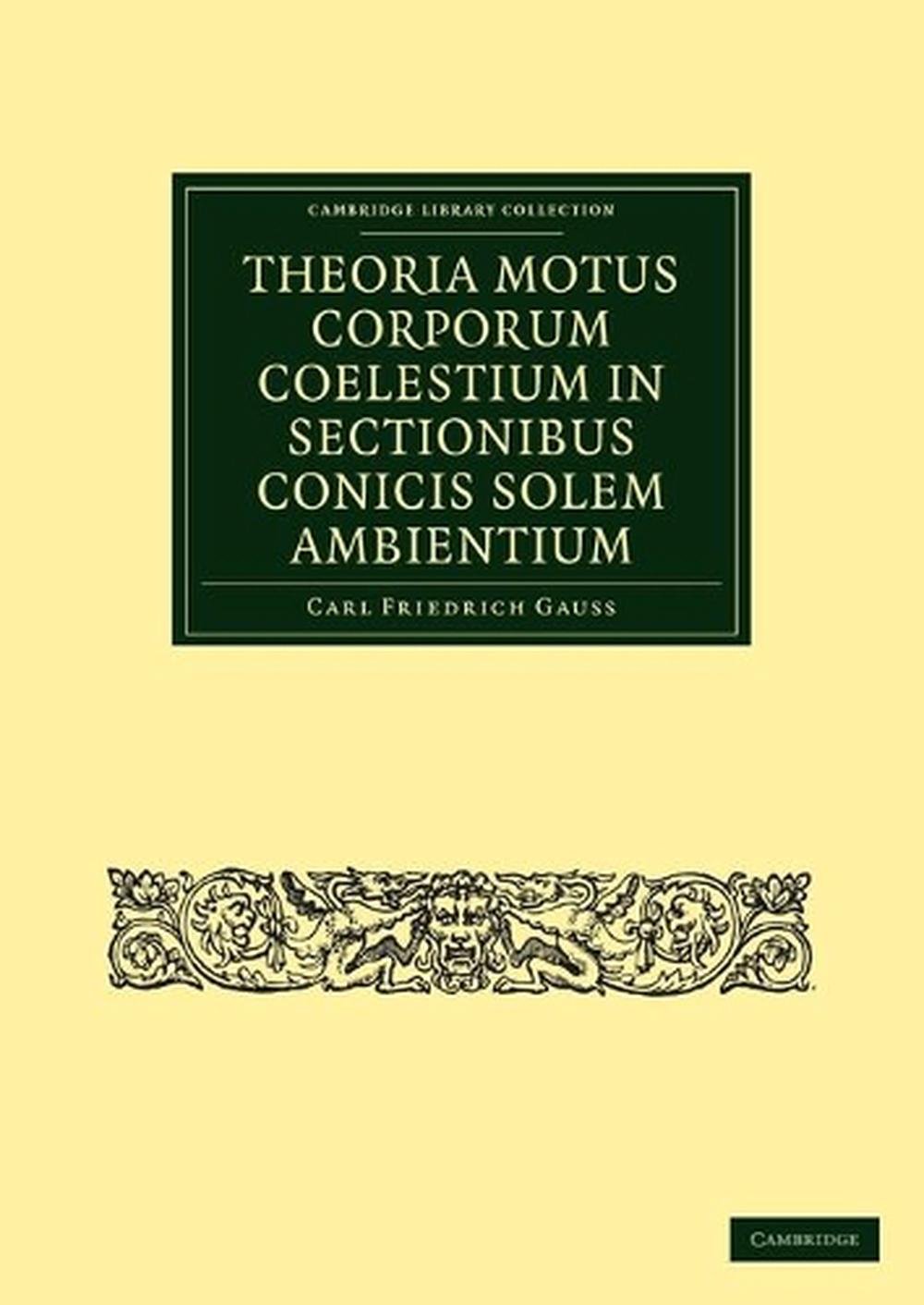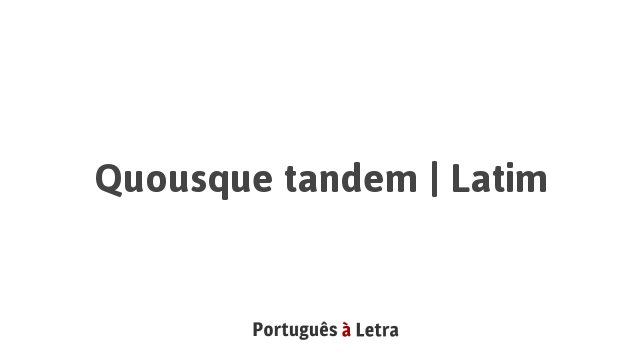
But the Articles were also 30 published in a separate form and in English, from the press of Grafton and the publication of these books independently of the Catechism is a sufficient evidence at the Articles had obtained a more general circulation than the Catechism, and could not have been treated as a mere appendage to it.A Display of Arminianism, by John Owen. Wolf in small 8vo., and in the same year appeared an English translation printed by J. This book was immediately printed in its original Latin by R.

The king's letter requiring 25 the publication of the Catechism, and prefixed to the book to which the Articles are appended, bears date on the 20th of May, the seventh year of his reign. The convocation met on the 2nd of March 1553, and was pro- rogued on the ist of the month following. 11.) the admitted superiority 20 of the bishops over the rest of the convocation, and the evidence which the Articles certainly presented in their own favour, it was reasonable that their synodical authority should have been generally allowed. 19, the great powers given by law to the crown in the framing of canons and ordinances (25 Henry VIII. This at 15 least may be asserted, that considering the unbounded extent of the king's supremacy in church matters, the submission of the clergy as recorded in the statute 25 Henry VIII. 193.)ģ5 If then the evidence have been fairly and completely given in this statement, it would appear that the synodical authority of these ArtiĬles is not only supported by positive testimony obtained from various quarters, but also that the strongest presumption on the other side is the mere absence of a witness, who ought to have appeared in their favour, and whose absence admits of an easy explanation. Queen Elizabeth's reign (ad fin.) they are said to have been agreed upon by the church, and subscribed by the clergy, which statement the ministers in their answer admitted to be just, thereby shewing the 30 belief, which then generally existed, of their synodical authority and lastly, that in the convocation of 1562, when preparations were making for the construction of the thirty-nine articles, copies of king Edward's Articles were put into the hands of the members, and were still called “ Articuli in Synodo Londinensi editi.” (Syn. Have received the sanction of the convocation, not indeed directly, but 15 by means of a delegation that it was the Catechism alone which was disowned by the convocation of queen Mary, and that the exclusive condemnation of the Catechism is so far evidence in favour of the Articles that though the higher clergy would probably disapprove of them, yet Cranmer's belief was that they would be generally subscribed, 20 if the sovereign should enjoin it but above all, that in their title, when put forth by the king's authority, they are called " Articuli, de quibus in Synodo Londinensi inter Episcopos et alios eruditos viros convenerat " that when sent down by the royal visitors to be subscribed in the university of Cambridge in June 1553, it is still said respecting 25 them, “ in Synodo Londinensi conclusum " that in the Examination of the declaration of certain London ministers put forth in the beginning



But it is true on the other hand that the registers of that period were exceedingly imperfect, being “but one degree 35 above blanks ” that any testimony derived merely from their omis- sions is of no value that Heylin and Fuller supposed the Articles to It is admitted that Heylin and Fuller found no notice of them in the registers which were extant in their time, 25 and were of opinion that the Articles were not adopted by the great body of the convocation that the Catechism to which they were ori- ginally appended, was declared by the first convocation of the follow- ing reign to have obtained no authority from that body and that the members of both houses, and more especially the bishops, who strongly 30 resisted the alterations recently made in the Book of Common Prayer, would be equally opposed to the Articles, as not only setting forth the tenets of the new learning, but also requiring an express approval of the Prayer-book. 105.) Perhaps, however, it will be found on a close examination of such evidence as is still producible, that the authority 20 of the upper house, which at that time was held to involve the au- thority of the whole synod, was given to these Articles, if not directly, at least by delegation and this would be consistent with the language of the king's letter. 9 and 4.) And this opinion is probably made to rest on the letters addressed by the king to the several bishops 15 in the following June, where he says that the Articles “ were gathered with great study, and by counsel and good advice of the greatest learned part of our bishops, and sundry others of our clergy.” (Strype Mem.


 0 kommentar(er)
0 kommentar(er)
